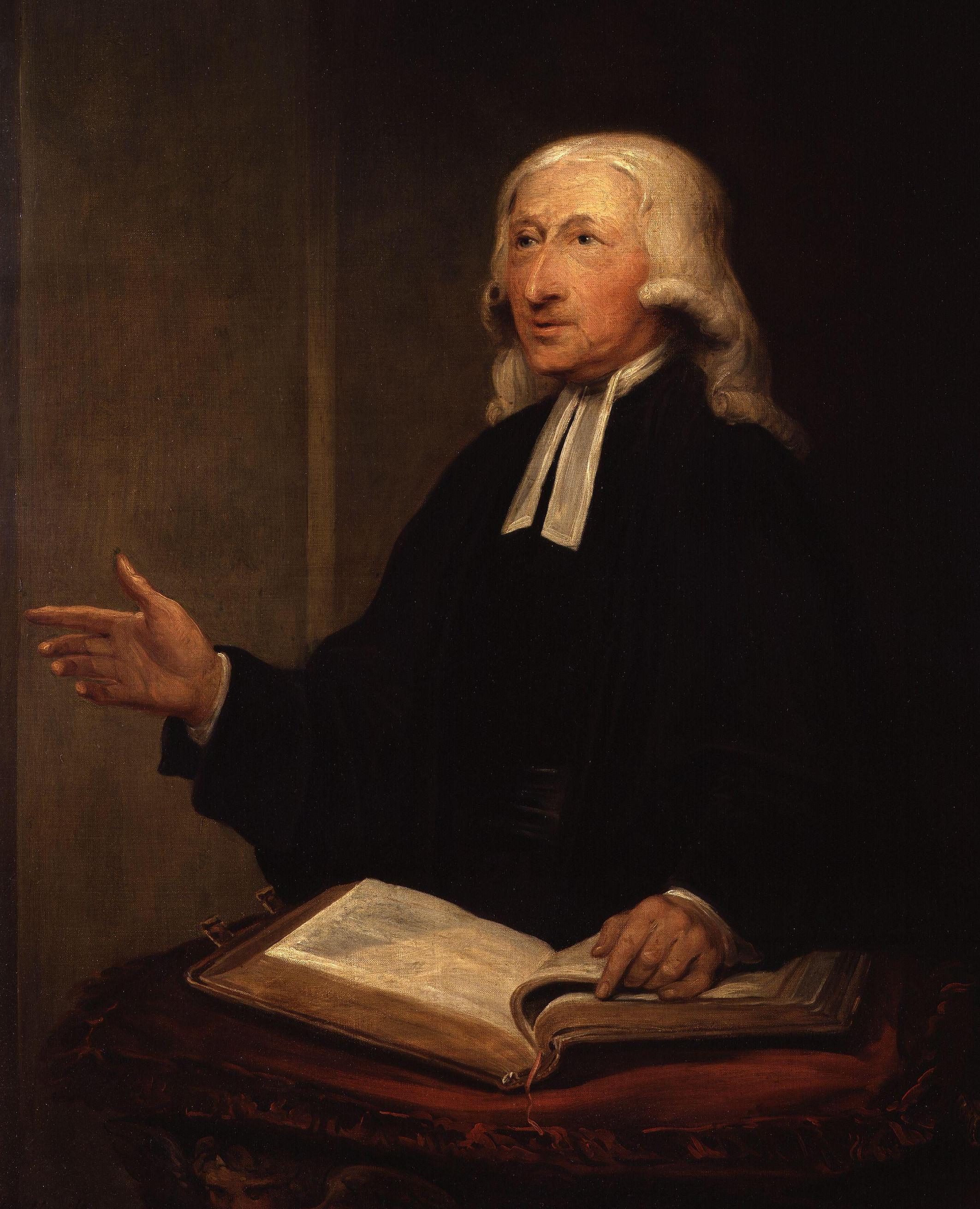Prayer as the Christian’s vital breath, the Christian’s native air was at the heart of the life of the New Testament church: “They continued steadfastly … in prayers” (Acts 2:42-47). There is no way to learn to pray but by praying. According to Samuel Chadwick, there is ‘no reasoned philosophy of prayer ever taught a soul to pray … Though a man should have all knowledge about prayer, and though he understand all mysteries about prayer, unless he prays he will never learn to pray.’[1] The path to prayer as the path to spiritual awakening and effective evangelism is costly.[2] It takes time, discipline and sacrifice just as ‘hurried prayers and muttered Litanies can never produce souls mighty in prayer.’[3] Prayer is learned by praying and ‘learners give hours regularly every day that they may become proficient in art and mechanism. Our Lord rose before daybreak that He might pray and not infrequently He spent all night in prayer. All praying saints have spent hours every day in prayer.’[4]
In Acts, where there is much prayer, there is much activity of the Holy Spirit; and where there is much activity of the Holy Spirit, there is much prayer. The early church recognised prayer as the source of intimacy with God, which gave them sensitivity to His direction and allowed His power to work through them. The path to Prayer as the path to spiritual awakening and effective evangelism is about putting prayer first in our efforts, as outlined in 1 Timothy 2:1 – 4. Prayer remains a priority and part of God’s plan to bring in His kingdom (Col 4:2-6). Prayer opens new doors of mission opportunity and responsibility.
Many churches and leaders today desire to pattern ourselves after the New Testament church in hopes of experiencing the same power, growth and effectiveness that it had. Church history confirms that evangelism alone rarely produces spiritual awakening (Acts 2:43, 47). It is on record that Count Zinzendorf began a 24/7 prayer meeting in 1727, in Hernhut, Germany that went on for a hundred years. This prayer helped start the Great Awakening and it was also at the heart of the Methodist revivals of that century. Alexander Mather’s letter to John Wesley helps us to recognise the importance of prayer meetings as a means for bringing about revival. In 1760, Mather writes: “As I wrote to you the most minute circumstances of the work, and you were there in the very height of it, you judged it best to place me in the Circuit another year. But I made a false step in the beginning of it. Longing for peace and preferring the judgment of other men to my own, I agreed that my wife should not hold any more prayer-meetings. Immediately the work began to decay, both as to its swiftness and extensiveness. And though I continued to insist as strongly as ever upon the same points, yet there was not the same effect, for want of seconding by prayer- meetings the blow which was given in preaching.” Chadwick also writes, “The Joyful News Mission was born of the prayers of Thomas and Mary Champness …, as they prayed one morning between the hours of four and five. It has lived and worked by Prayer ever since…”[5] Prayer gives birth to mission while church and leadership decays and declines without prayer.
Prayer that makes our hearts ready to experience the love of God in Jesus Christ through the power of the Holy Spirit produces spiritual awakening and spiritual awakening produces evangelism (Col 4:2-26). This experience, like John Wesley’s ‘warmed-heart’ that makes one’s heart ready through the power of the Holy Spirit is shaped by repentance. Genuine repentance produces a change in the way we live, pray, preach, lead, and even in the way we think.
The path and discipline of prayer helps us to develop a spiritual rhythm thereby creating new habits of heart and mind awakening. The new habits of heart and mind awakening opens us more deeply to the transforming grace of God as we ‘enter into God’s presence, allowing the Holy Spirit to pray in us.’ God has chosen to bless His people by generously filling us with His Holy Spirit. The conditions for receiving this gift are true repentance that is, admitting and turning from our own sinful ways and the corrupt ways of the world (Matt 3:2). True repentance leads to spiritual salvation and a personal relationship with God.
The path of prayer invites the church and its leadership to rediscover the priority and place of prayer in our personal and corporate spiritual awakening, evangelism, witness and mission. The path of prayer as path to evangelism awakens us to pray for ourselves as Christians ‘that we are full of the love and compassion of our Heavenly Father – and for God to open doors for opportunities to pray for, care for and share our faith story with others.’ The path of prayer for effective evangelism ‘is about us using prayer as the first step in journeying with those we know who have not yet discovered the truth about Jesus Christ.’ The path of prayer enlightens us to ask the Lord to draw others to Himself; ‘to open their ears to understand the truth and to open their eyes to see the light of the gospel.’
The path of prayer as path to spiritual awakening
and effective evangelism calls us to arise in prayer for our homes, nations,
and churches to be places where people can find out about Jesus. The path of
prayer is about prayer for meetings, events, services and courses that explain
the good news, and praying for all those who are called to preach, teach and
write about the call to follow Jesus Christ. The path of prayer as path of
spiritual awakening and effective evangelism is not talking, debating or
arguing about prayer. It is a call to ARISEAND PRAY now.
[1] Chadwick, Samuel, The Path of Prayer (Sheffield: Cliff College Publishing, 1995), p.14
[2] Okegbile, Deji, Evangelism in the New Millennium: A Call to Methodist Re-Awakening (Kaduna: Poskem Venture, 1999), pp. 3-17
[3] Chadwick, The Path of Prayer, p.15
[4] Chadwick, The Path of Prayer, p.16
[5] Chadwick, The Path of Prayer, p.3











Whether the devil like s it or not , the church of God is matching on and the gates of hell shall not prevail over it in Jesus name amen
Good evening ma.